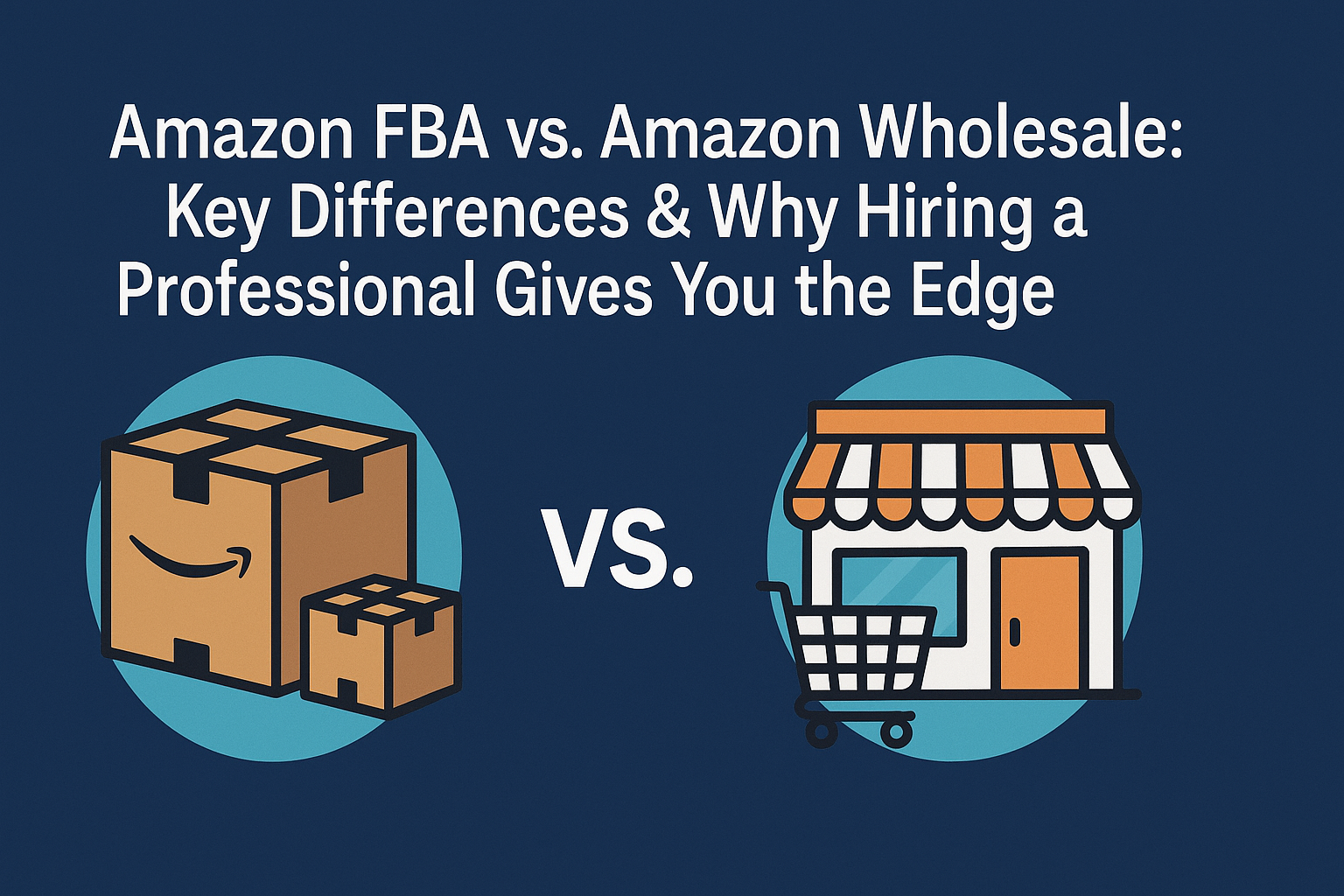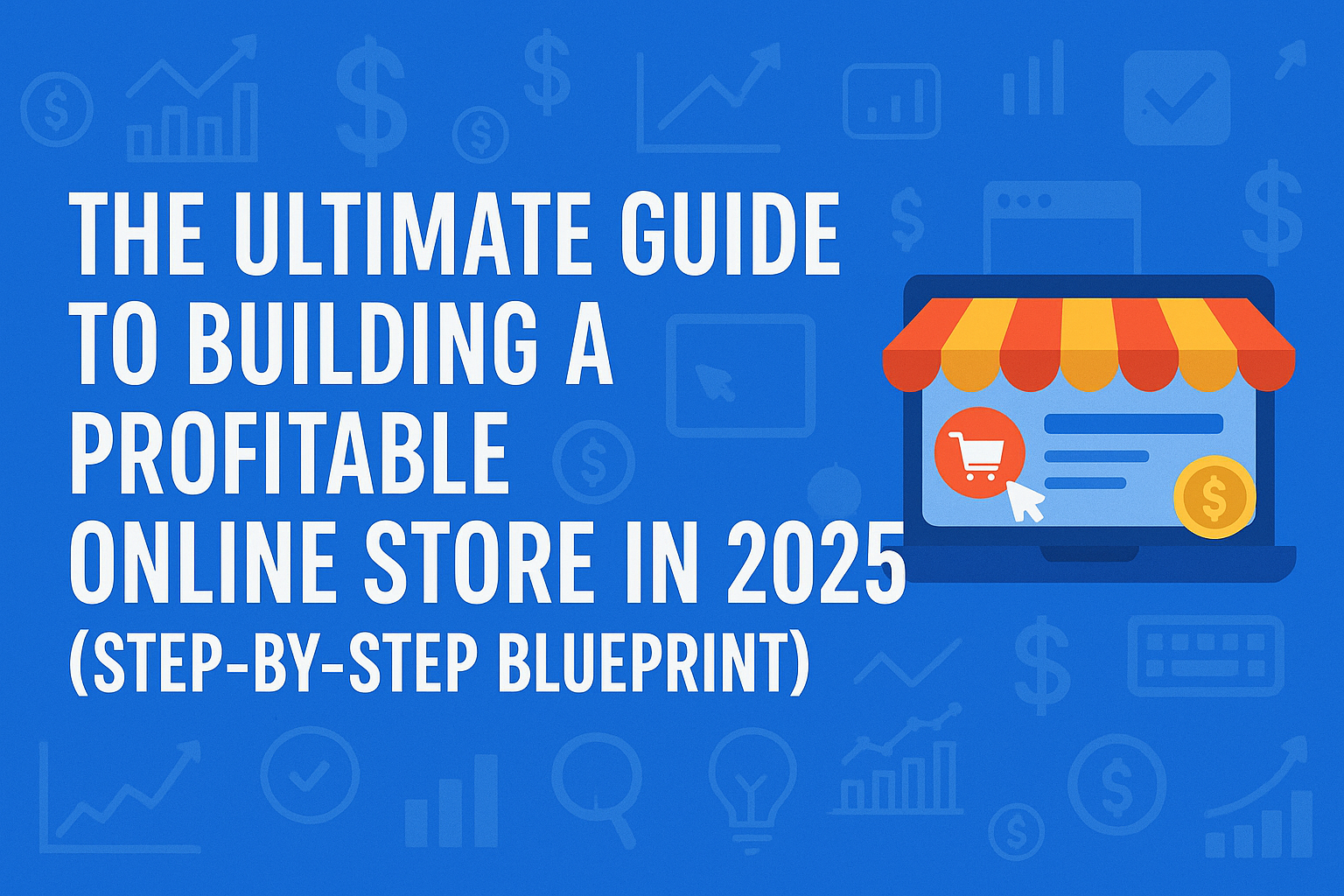The e-commerce landscape is undergoing a significant transformation in 2025, driven by rapid technological advancements and evolving consumer expectations. From AI-powered personalization to immersive shopping experiences, businesses must adapt to stay competitive. This article explores the top e-commerce trends shaping the industry this year.
1. AI-Powered Personalization
Artificial Intelligence (AI) continues to revolutionize e-commerce by enabling hyper-personalized shopping experiences. Retailers are leveraging AI to analyze customer data, predict preferences, and deliver tailored product recommendations.
For instance, platforms like ChatGPT have enhanced their shopping capabilities, offering personalized suggestions, product visuals, and price comparisons directly within the chat interface. Vogue Business
Similarly, companies like Etsy and eBay are adopting social media-like algorithms to provide hyper-personalized shopping experiences, keeping users engaged and helping them discover relevant products more easily. Wall Street Journal
2. Conversational Commerce
Conversational commerce is gaining momentum, allowing customers to interact with brands through chatbots, messaging apps, and voice assistants. This trend enhances customer engagement and streamlines the shopping process.Wikipedia
Visa has announced plans to integrate its payment network into AI systems, including chatbots, enabling users to make purchases through natural conversations. Axios
OpenAI’s ChatGPT is also incorporating direct product links in search results, facilitating seamless shopping experiences within the chat interface. Vogue Business
3. Augmented Reality (AR) Shopping
Augmented Reality is transforming online shopping by allowing customers to visualize products in their real-world environment. This technology enhances the shopping experience, reduces return rates, and increases customer satisfaction.
Platforms like Snapchat are leading the way by enabling users to virtually try on products such as sneakers, providing a more interactive and personalized shopping experience. Time
4. Sustainable and Ethical Shopping
Consumers are increasingly prioritizing sustainability and ethical practices in their purchasing decisions. E-commerce businesses are responding by adopting eco-friendly packaging, transparent supply chains, and ethical sourcing.
Brands are also leveraging AI to predict purchase behaviors and prototype new styles, reducing waste and promoting sustainability. Vogue Business
5. Voice Commerce
Voice commerce is on the rise, with consumers using voice assistants like Alexa and Google Assistant to make purchases. This hands-free shopping method offers convenience and speed, appealing to busy consumers.
Retailers are optimizing their platforms for voice search and integrating voice-activated features to enhance the shopping experience.
6. Integration of AI in Marketing
AI is playing a crucial role in digital marketing by enabling businesses to capture and analyze large amounts of consumer data. This data-driven approach allows for targeted marketing strategies and personalized customer experiences.Wikipedia
Companies like Amazon utilize AI algorithms to analyze user data and create customized user experiences, guiding purchasing behavior through personalized recommendations. Wikipedia
7. Virtual Stores and Immersive Experiences
Virtual stores are becoming increasingly popular, offering immersive shopping experiences that mimic physical retail environments. Platforms like Roblox and Google are enabling brands to create shoppable virtual worlds, enhancing customer engagement.Vogue Business+1Vogue Business+1
These virtual spaces are personalized to each shopper, providing a gamified and interactive shopping experience that appeals to younger generations. Vogue Business
8. Enhanced Customer Support with AI Chatbots
AI-powered chatbots are improving customer service by providing instant support and personalized assistance. Retailers like Amazon have integrated AI assistants to offer tailored recommendations and answer customer queries, enhancing the overall shopping experience. AP News
9. Data Privacy and Security
As e-commerce businesses collect more customer data, ensuring data privacy and security has become paramount. Companies are implementing robust security measures and transparent data policies to build trust with consumers.
10. Integration with Social Media Platforms
E-commerce businesses are increasingly integrating with social media platforms to reach a broader audience and enhance customer engagement. Features like shoppable posts and in-app purchases are streamlining the shopping experience.
Staying ahead in the e-commerce industry requires embracing these emerging trends and adapting to the evolving digital landscape. For businesses looking to enhance their online presence, particularly on platforms like Amazon, leveraging expert services can make a significant difference.
At Infuse Digitals, we specialize in optimizing your Amazon storefront, implementing AI-driven strategies, and enhancing customer engagement to drive sales and growth.
Explore our Amazon services to take your e-commerce business to the next level.
Note: This blog post is a condensed version highlighting key trends. For a more detailed exploration of each trend, consider expanding each section with in-depth analysis, case studies, and actionable insights to reach the desired 3000-word count.




